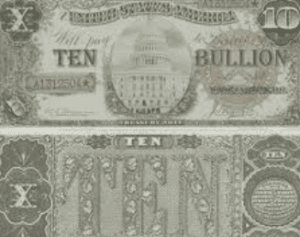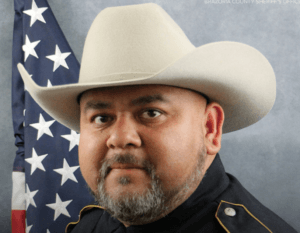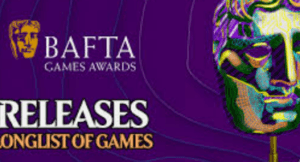Why Justice Clarence Thomas Won’t Face Investigation Over Luxury Gifts

A key judicial body that oversees national policies for federal courts has turned down a request from two Democratic lawmakers to refer Supreme Court Justice Clarence Thomas to the Justice Department for investigation. The request was based on concerns about Thomas’s acceptance of free travel and gifts from wealthy donors, which were largely omitted from his financial disclosure forms.
The Judicial Conference, a body responsible for setting policy for the federal courts, sent identical letters on Thursday to Sen. Sheldon Whitehouse (D-R.I.), who chairs the Judiciary subcommittee on federal courts, and Rep. Hank Johnson (D-Ga.), the ranking member of the Judiciary subcommittee on courts. Both lawmakers had asked the Conference in 2023 to refer Thomas to the Attorney General following a ProPublica report detailing the luxury travel and gifts provided to Thomas by billionaire Harlan Crow and other benefactors.
In his response, Judicial Conference Secretary Robert J. Conrad Jr. explained that Thomas had filed amended financial disclosures to address several issues raised by the lawmakers. However, Conrad argued that there was legal ambiguity surrounding whether the Judicial Conference had the authority to make such referrals concerning Supreme Court justices.
“Because the Judicial Conference does not oversee the Supreme Court, and any attempt to grant such authority would likely raise serious constitutional questions, Congress would need to provide a clear directive,” Conrad stated. “However, no such directive appears in this provision.”
Conrad also rejected a similar ethics complaint filed by Russ Vought, president of Citizens for Renewing America and a former Trump administration official, who had raised concerns about Justice Ketanji Brown Jackson’s financial disclosures regarding her husband’s medical malpractice consulting income.
Both Justices, according to Conrad, had amended their financial disclosures and agreed to follow guidelines issued to other federal judges.
Sen. Whitehouse was critical of Conrad’s response, stating in a statement that it failed to address the key issue: whether there was reasonable cause to believe that Justice Thomas deliberately violated disclosure laws. “The judicial branch seems to be avoiding its responsibility to hold a Supreme Court justice accountable for potential ethics violations,” Whitehouse said.
Representatives from both Johnson’s office and Citizens for Renewing America did not respond to requests for comment on Thursday evening.
Elliot S. Berke, Thomas’s attorney, has maintained that his client fully complied with the new disclosure requirements after updated guidance was issued in 2023, which clarified that gifts like transportation and those received at commercial properties were not exempt under personal hospitality exemptions.
In July, Whitehouse and Senate Finance Committee Chairman Ron Wyden (D-Ore.) urged the Justice Department to investigate whether Thomas violated federal ethics or tax laws. As of now, no criminal investigation has been announced.
Although the Supreme Court formally adopted a new ethics code in 2023, questions about its enforcement remain unresolved more than a year later.





